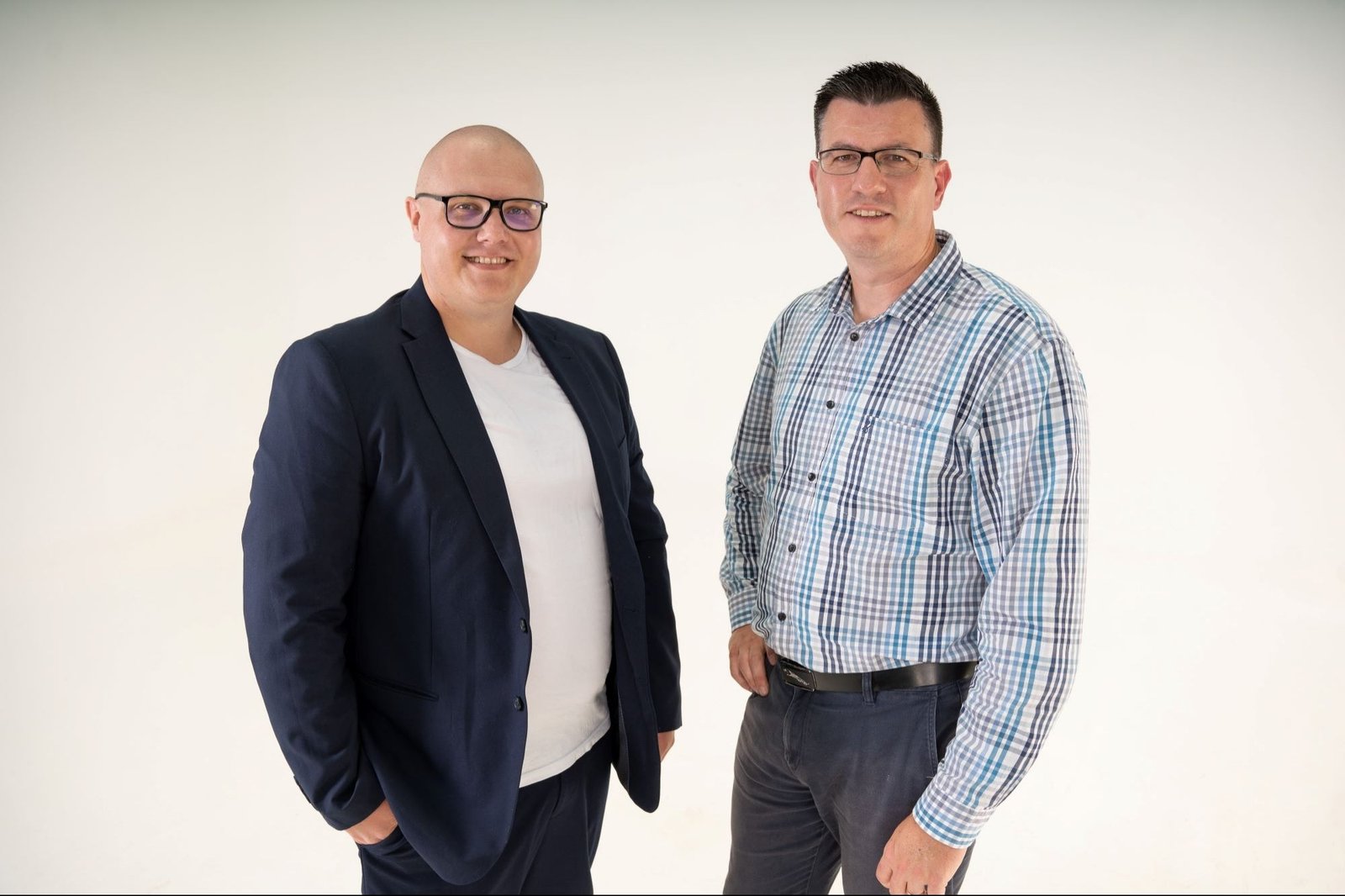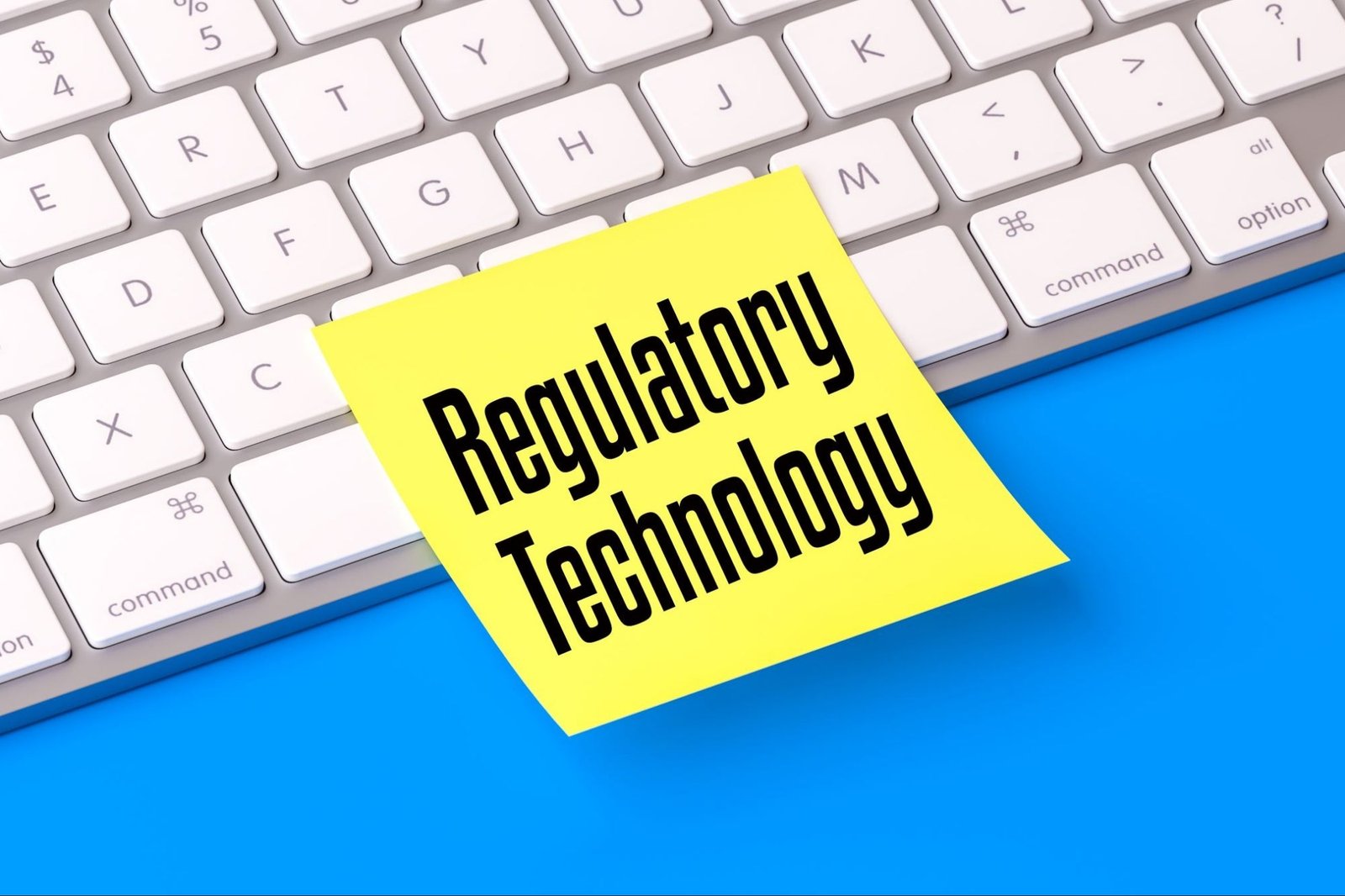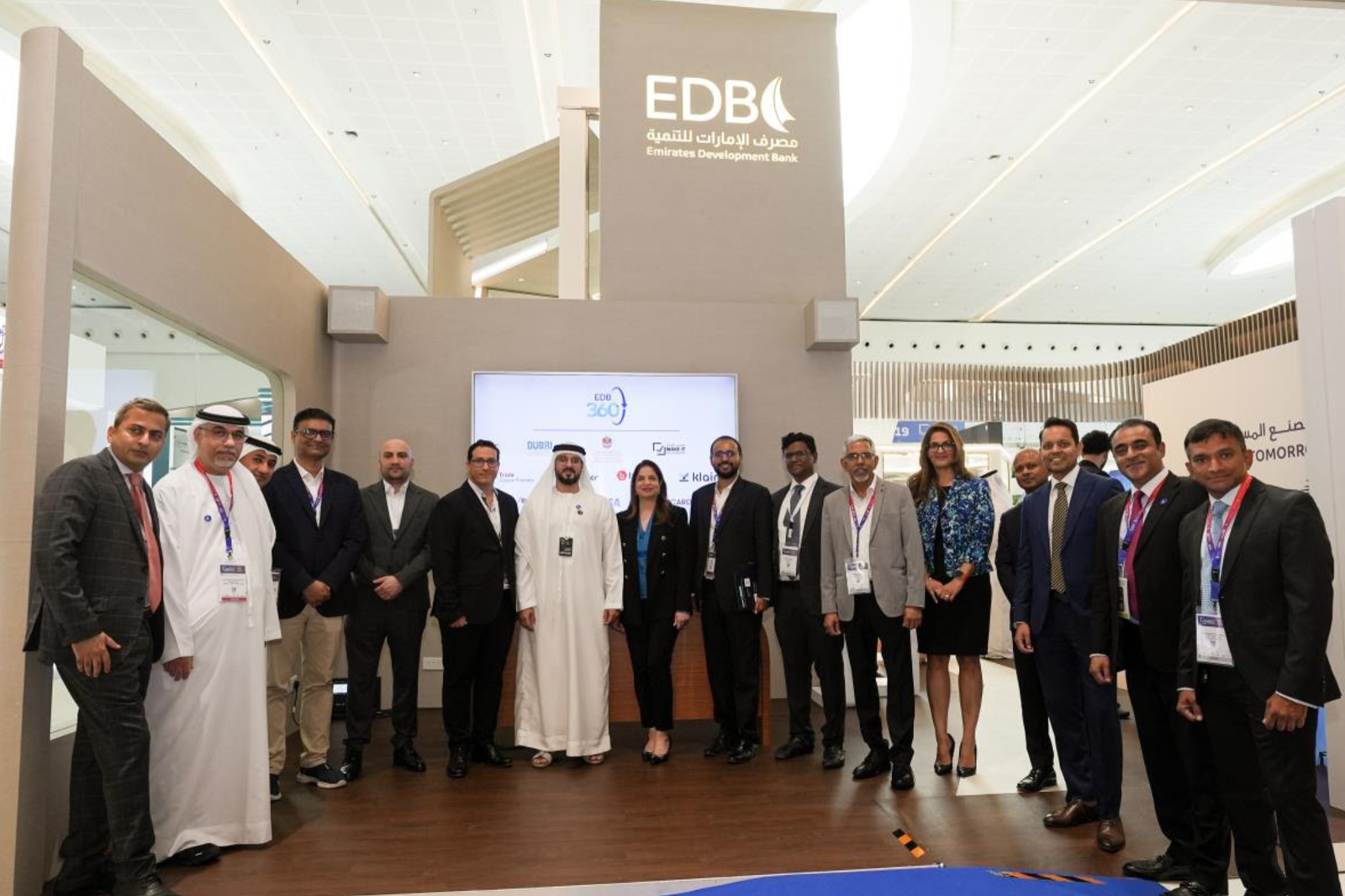Opinions expressed by Entrepreneur contributors are their own.
You’re reading Entrepreneur United Kingdom, an international franchise of Entrepreneur Media.
My first company had gone well, seeing us design, manufacture and ship DSLR camera straps and mounts to customers in more than 50 countries within a year of launch. I expected things to run as smoothly for my second venture. I was wrong. Not because the business wasn’t working – it was. At Savu, we developed technology to protect people from electromagnetic radiation, emitted from devices like mobile phones. It was more technical than my first, with its fair share of challenges, but that wasn’t what pushed me to breaking point. The problem wasn’t the business. It was me. Here’s what I learned from the experience – and my advice for fellow founders.
The pressures of entrepreneurship
As a founder, ‘switching off’ can feel impossible. The all-encompassing nature of the role means constant demands for your attention, from endless Slack messages to sudden crises. You feel like you need to be everywhere, all at once. In the early days of starting my third business Honest, the UK’s top-rated B Corp mobile network, my co-founder Andy and I covered customer support 24/7. It wasn’t unusual for me to step away from weddings, birthdays or other get-togethers to respond to customers needing help.
Fast forward to now, and we have a dedicated team supporting our customers. But the around-the-clock nature of the job hasn’t changed. I still check sales numbers everyday to see how our latest changes have impacted performance. I’m still heavily involved in product and marketing, designing a lot of our app and website myself. I’m still on call when there’s a network outage or another crisis. My role has changed, but the sense of responsibility hasn’t.
Then there’s fundraising, one of the areas I’ve found toughest as a founder. For every one hundred investors you pitch, more than ninety say no. That’s part of the process, but it means coping with constant rejection, all while knowing your team’s livelihoods depend on your ability to raise money. At the same time, you’re trying to grow the business. It’s an incredibly challenging juggling act with high stakes. Honest may look successful now we’ve secured funding from top UK funds, but there were times when I didn’t know if we’d make it.
Hitting breaking point
Back in 2018 when I was feeling mounting pressure building Savu, I responded by speeding up. A classic over-achiever at school and university, I wasn’t used to failing. If I didn’t get things right the first time, I kept working until I did. But this approach doesn’t always work in the precarious environment of a startup. Not everything was in my control. The harder things got, the harder I pushed myself. I isolated myself from friends and family, feeling embarrassed that I didn’t have glowing updates. I neglected my physical and mental health, instead spending every waking hour focussed on work. Until the inevitable happened. I hit burnout.
I still believe hard work pays off, but I now know that building a business is a marathon, not a sprint. Pacing yourself is critical to making it to the finish line. I no longer work all day everyday. There are still times when working flat out is needed, but when it’s not, I make sure to take time out, whether that’s a holiday or simply an evening with friends where I don’t check my emails.
Rather than compromising the success of Honest, I believe taking the time to reset when I can means I’m able to work even harder during the more intense periods. We try to encourage this attitude among the wider team, encouraging a healthy work/life balance through things like hybrid working, flexible hours and a bonus day off to celebrate birthdays.
A more sustainable path to success
Burning out forced me to confront how I was working and living. It was a wake-up call that reshaped not just my approach to business, but my entire life. It also prompted me to make one of my best decisions yet: I started therapy. There are still misconceptions about therapy as something for people in crisis or with serious mental illness. Instead, we should see therapy like going to the gym, building our mental strength and resilience. I firmly believe therapy should be part of everyone’s routine, but especially when it comes to founders. As someone building a team and business, your mental strength has a huge impact on those around you.
Being a founder can be lonely. Friends and family often don’t understand why you’re working so hard or relate to the challenges you’re facing. Therapy has helped me tackle that, making me a stronger, more resilient founder. It’s given me the tools to manage everyday challenges, recognise the warning signs of burnout, and create space to reflect. Since starting therapy in 2020, it’s been critical to my personal growth and building a healthier, more sustainable mindset. Alongside regular therapy, I meditate and exercise most days. I started meditating during the pandemic and ended up becoming so intrigued by the science behind it that I bought a headband monitoring your brain waves. The mental clarity meditation has brought me has helped to navigate some of my toughest moments.
On the physical side, I’ve found Crossfit a brilliant way to combine exercise and socialising. I’ve always enjoyed working out, but the community aspect of Crossfit means it’s an hour every day when I’m guaranteed to switch off from work.
Before my burnout, I would never have imagined being the kind of person who regularly goes to therapy and meditates. Now, I can’t imagine my life without them. I don’t think I’ll ever fully master the work/life balance as a founder, but I have the tools and awareness to navigate it. Ultimately, each entrepreneur needs to figure out what works for them when it comes to performing at their best. Therapy is a brilliant tool to help with that.




